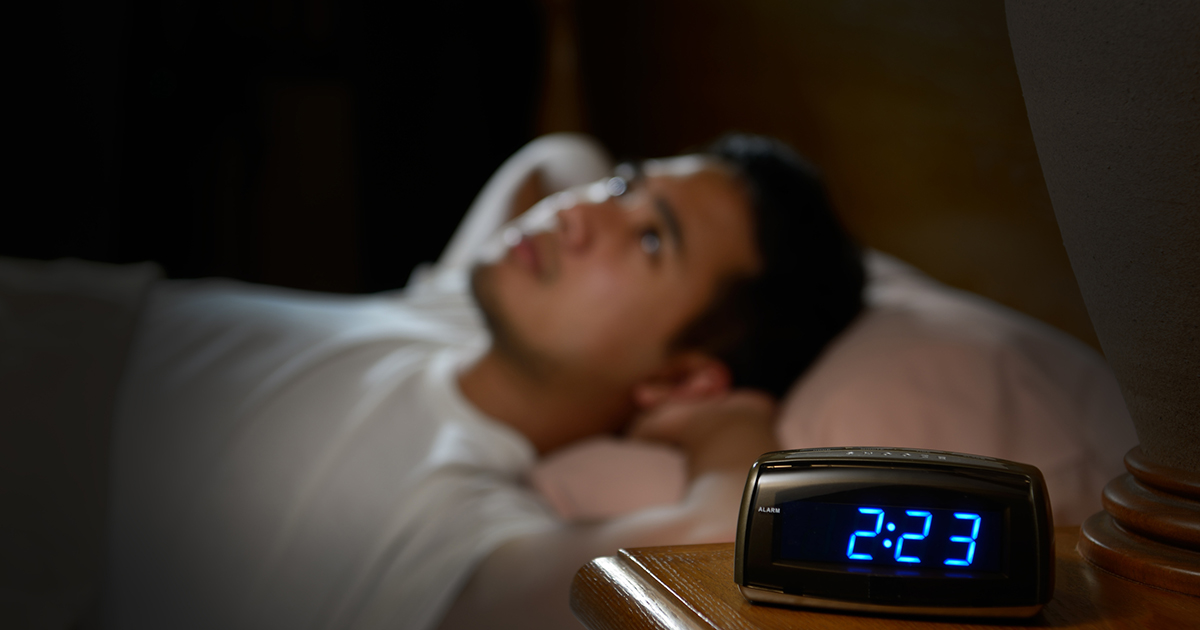Warning Signs Of Insomnia
Getting a full night of high-quality sleep is essential to living a productive, happy life. Sleep doesn't just give us energy; our bodies perform many vital processes while we're asleep like regulating our hormones, flushing out toxins, and helping our muscles recover and tissues grow. Sleeping also helps our brain make sense of memories. The average adult human has between fifty to seventy thousand thoughts every day, which is lots of information for our brains to process. When we sleep, our temperatures drop, heart rates slow, and our brains can commit greater energy towards processing our thoughts and experiences.
Millions of individuals struggle to fall or stay asleep. While stress and other factors can impact how well we rest, a chronic disturbance and inability to sleep properly is a condition known as insomnia. Read on to learn more about the common symptoms of insomnia and learn how you can help yourself if you're suffering from it.
Difficulty Falling Asleep
The most widespread problem reported by insomniacs is the inability to fall asleep. Individuals with insomnia can spend hours tossing and turning throughout the night, and even if they feel exhausted, their bodies simply won't allow them to fall asleep and get some rest. Issues with falling asleep can be caused by many things. If you're struggling with anxiety or depression, insomnia is a frequent side-effect. Rather than being able to doze off in a darkened room comfortably, your brain becomes flooded with racing thoughts and worries.
Identifying the underlying cause of insomnia and treating it appropriately can cure the disorder swiftly. Insomnia can also worsen mental health disorders as it leaves the body exhausted and unable to properly regulate its emotions. One of the best ways to start treating insomnia is to create the right sleeping environment. It sounds counterproductive, but don't stay in bed when you can't sleep. Instead of laying there for hours and growing increasingly frustrated, get up and do a quiet, monotonous activity that can help calm your thoughts and make you sleepy before returning to bed.
Continue for another warning sign of insomnia to keep an eye out for.
Waking Up At Night

It's normal to wake up a few times throughout the night, but most individuals don't have any recollection of this and can rise the next morning feeling refreshed. If you manage to fall asleep but find yourself waking up and unable to fall back asleep, insomnia could be the cause.
The human body goes through five stages of sleep every night, each of which has a unique function, such as muscle restoration and memory consolidation. When we wake up too frequently, these natural processes are disrupted, and thus, we are unable to hit the deep, most restorative stages of sleep we need to feel rested the next day.
To decrease the likelihood of waking up at night, make sure you sleep in a dark, quiet room. Some individuals find it helpful to listen to white noise such as a fan or rain sounds. Ensure the bedroom is neither too hot nor too cold; the best sleeping temperature is between sixty to sixty-seven degrees Fahrenheit.
Keep reading for more symptoms of insomnia that keep individuals up at night.
